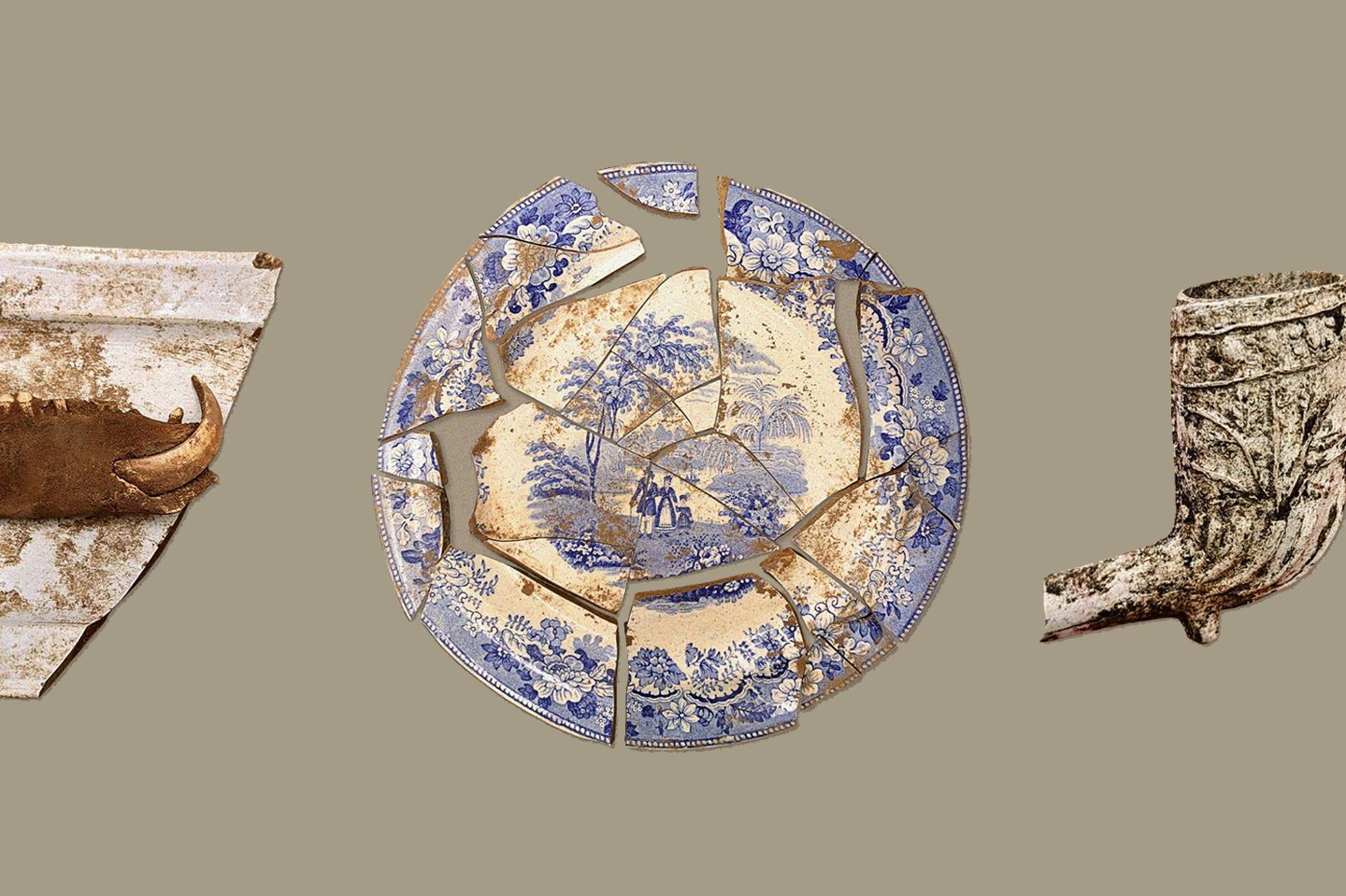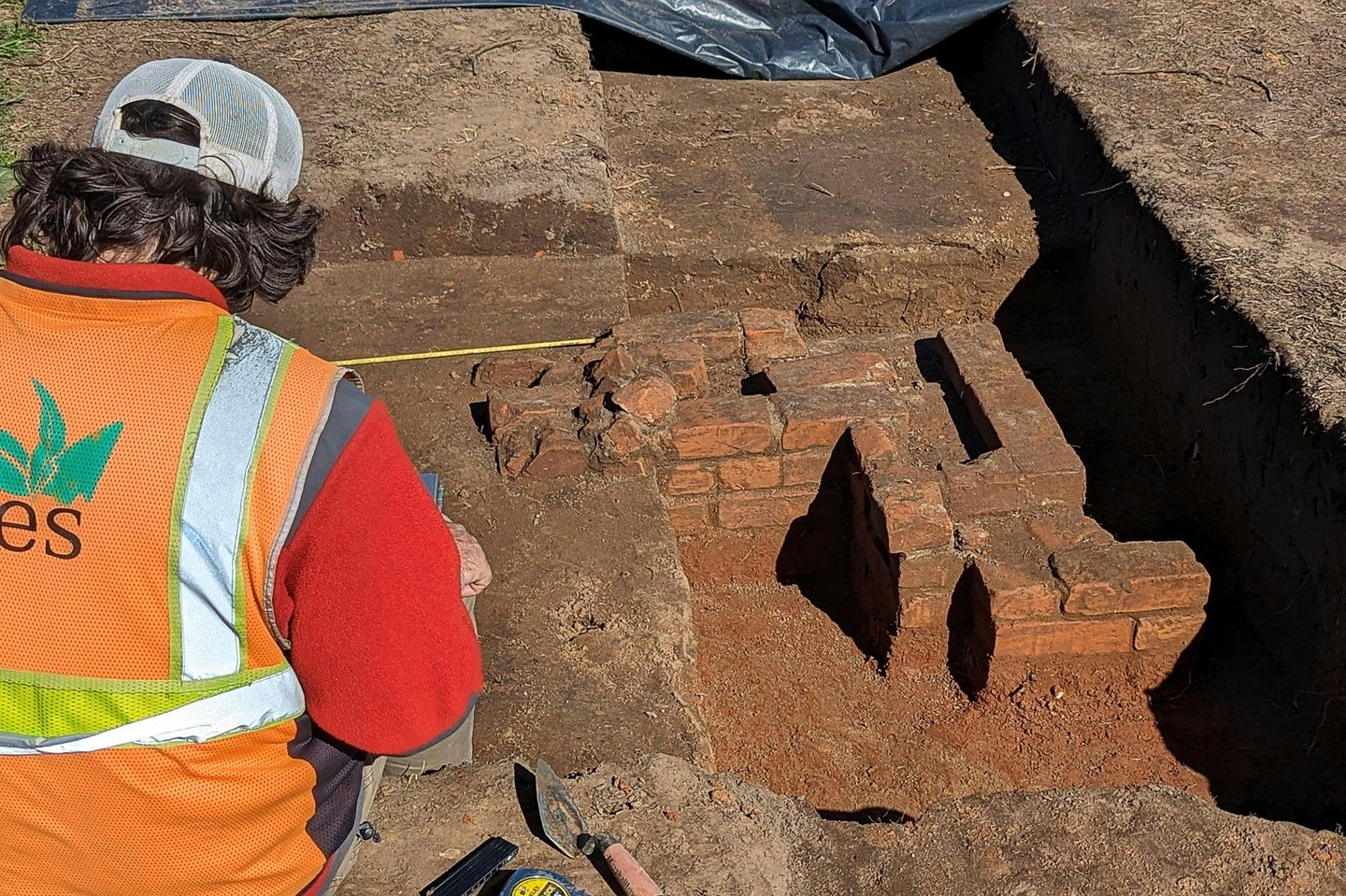As part of a $51 million project, archaeologists have conducted a search for traces of Washington-on-the-Brazos, also known as the “birthplace of Texas”.
Washington-on-the-Brazos was a small town along the Brazos River in Washington County, Texas.
The town is best known for being the site of the Convention of 1836 and the signing of the Texas Declaration of Independence from Mexico in the Texas Revolution.
The declaration officially established the Republic of Texas, however, no other government or nation recognised the newly declared nation.
The town went into decline due to poor transport links and competition from surrounding towns and cities. This resulted in Washington-on-the-Brazos being mainly abandoned by the townsfolk in the late 1800s who relocated to Brenham or Navasota.
Archaeologists have recently completed a $51 million excavation along the La Bahia Road, the main highway through the town that carried goods and travellers across the state from Goliad to Nacogdoches.
Researchers used tax records and official documents to identify where former buildings were situated, followed by geophysics to detect anomalies beneath the ground in preparation for exploratory excavations.

This led to the discovery of where the Houston’s presidential office once stood, revealing the footprint of a 16-by-16-foot building along with objects such as nails, buttons, ceramics, and window glass.
Archaeologists also uncovered the brick floor of a house from the 1830’s, in addition to the remains of an old brick fireplace.
Over 10,000 artefacts have been recovered during the project, which include the key to a gold pocket watch, gun flints, buttons from a soldier’s uniform, and an 1831 U.S. dime.
According to a press statement by the Texas Historical Commission (which manages the site), several buildings from the town will be faithfully (partially or fully) recreated to enable visitors to visit the buildings that once lined the La Bahia Road.
Header Image Credit : Texas Historical Commission
Sources : Texas Historical Commission





